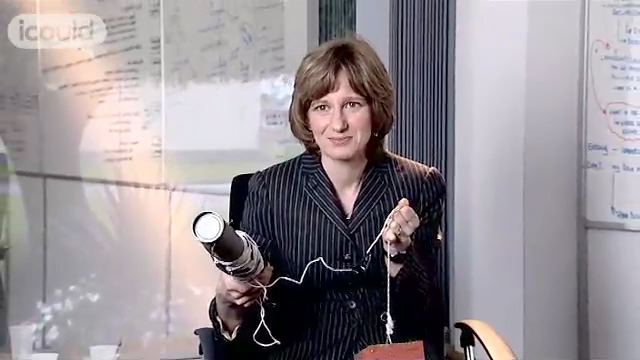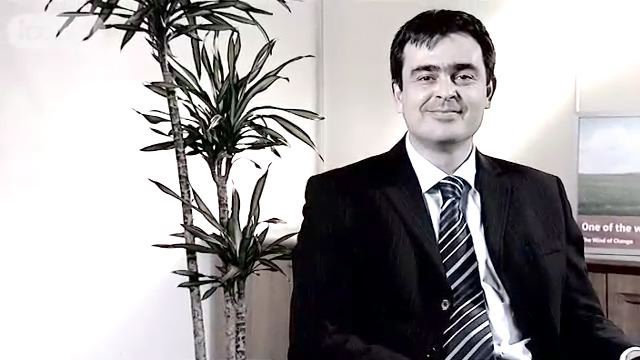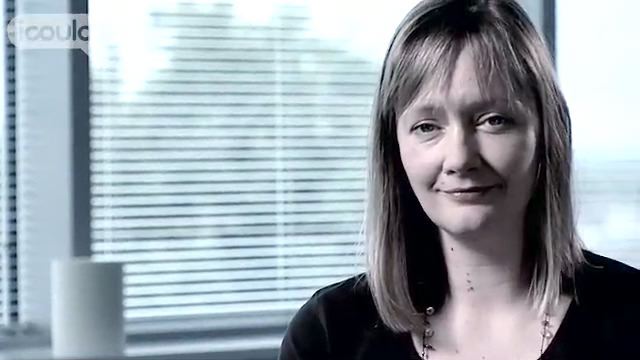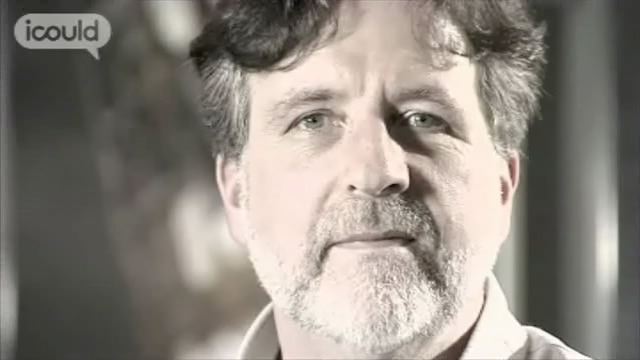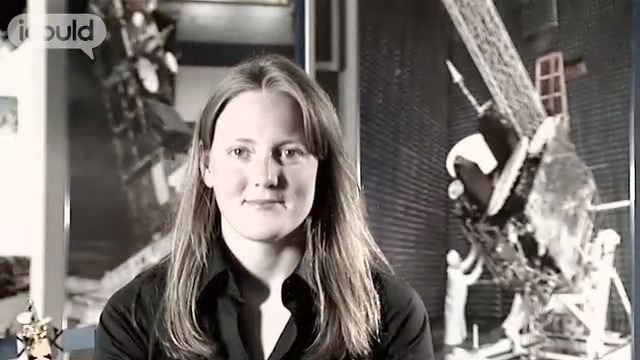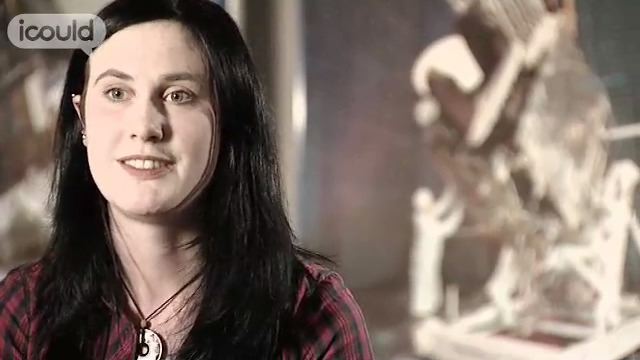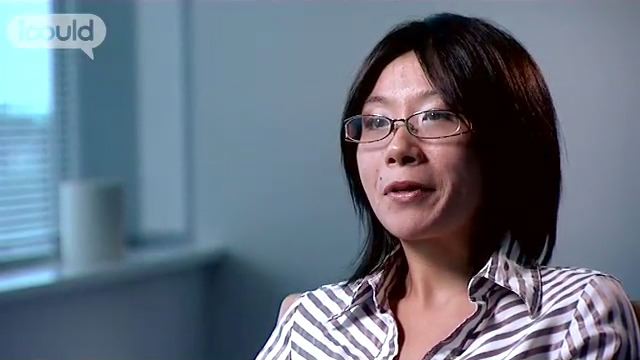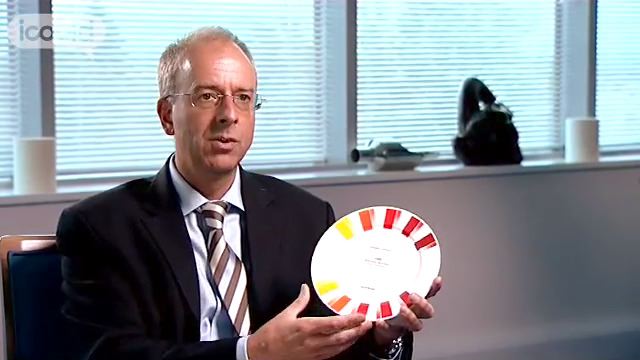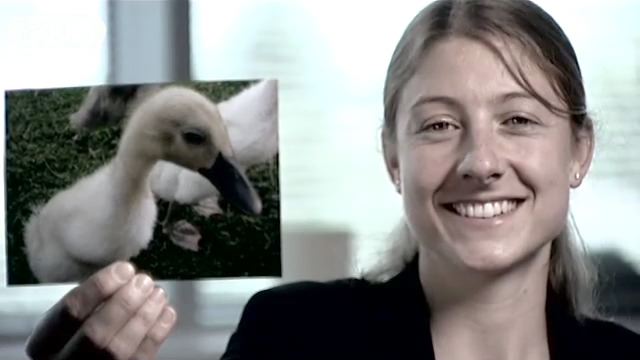Research Technical Manager
Johnson Matthey
Nicola M
00:00:02 My name’s Nicola M, and I’m a Research Technical Manager. That involves me managing a group of different research and development teams. And those teams are developing new products for the oil and gas industry. The gas that comes into your house – when it comes on-shore from the oil fields, it’s contaminated with impurities such as sulphur and mercury, all these nasties – so we develop products that actually purify the gas and the oil etcetera before it gets into your house, or into your car. So – two thirds of the UK’s gas right now is going through products that I’ve actually developed, which is quite a – quite a good thing to feel about, so yeah.
00:00:34 I got into this job because I did my PhD sponsored by Johnson Matthey when I was a University, and on the back of that I enjoyed working in the area so much with the company, that they actually offered me a job to come and work again back in the North East.
00:00:48 I’ve been working for my company now for about 12 years, quite a long time now. Over that sort of 12 year period my career’s progressed quite a lot, in that you start off just working in the Labs with the body on a one to one basis, and then it gradually grows and expands, and your responsibilities increase as well. So that you can look back after 12 years and be quite amazed by quite how much responsibility and things you’ve actually achieved in that period of time.
00:01:09 I do get to travel with my job, sometimes. I think the highlights for me would probably be going over to Texas, and then over – we had a manufacturing plant in India. So getting over to visit India was quite a sort of cultural experience, because they’ve got such a different lifestyle, and it’s also different when you have to work in an environment that’s quite unused to having women. And you know people don’t know how to accept you, you know, at first. So you have to really establish yourself in quite a different way.
00:01:34 When I was at school, and guess I was quite a studious type of person, being really interested in Science meant again that I was one of the few girls in there with the class with all the boys. But I guess that’s something just, you know, you get used to. Because it tends to carry on through the rest of your life.
00:01:49 It was the teachers who inspired you. They were the ones that, you know, you really felt you could connect with. But it’s all about the hands-on, the really practical side, being able to actually do something, and see a result that actually came out the back end. That’s what I found really enjoyable about the Sciences.
00:02:03 My first actual job was as an Avon Lady, selling cosmetics door to door. Which I found the most hideous experience of my life, ’cause that just was not me, being able to go out there and do that. I was also then a bar maid, and again Oh my goodness, just not my role in life. Too many people. So I’m much, much better when I’m doing Science and something practical and using, you know, my sort of my own skills, rather than going out there and talking to people.
00:02:28 My work/life balance has changed quite a bit over the last few years, because I am now a working Mum. I’ve now got two small children under the age of four. Having children, and being a working Mum, definitely changes your priorities and the way you focus on things. And it’s just about striking up a new balance. I probably used to work a lot longer hours, and now I still do the same type of work, but you just have to manage your time a lot more efficiently.
00:02:48 For me some of the high points of my career so far have been – managing a young scientist programme, within our organisation. So there I actually get to bring some young people into our organisation, give them a different career path from going to University. And when you see them come through that programme, succeed, get a full-time job, and then get their degree, that to me is a real high point.
00:03:11 Right now I see my job developing into the state that I manage four or five teams right now. I’m also then looking to move into more of a business development role. So I’m getting some experience from the company right now are supporting me to do some new activities, so that I can step up and take on more responsibilities, and start to look at where the business goes for the future.
00:03:32 I guess for me, my career choices haven’t always been obvious. Sometimes you can get quite anxious worrying about, you know, what’s your next step? Where are you going to go? But you just hang on in there and, you know, things actually do happen. I think you can make your own luck happen. But it’s persevering and, you know, not always giving up at the first hurdle.
00:03:48 ENDS
Nicola M manages teams of research scientists at Johnson Matthey. “And those teams are developing new products for the oil and gas industry. The gas that comes into your house – when it comes on-shore from the oil fields, it’s contaminated with impurities such as sulphur and mercury, so we develop products that actually purify the gas and the oil”. Her work has taken her to the USA and to India, where they were not used to having women scientists in the workplace.
More information about Physical scientists
The UK average salary is £29,813
There are 37.5 hours in the average working week
The UK workforce is 47% female and 53% male
Future employment
- Conducts experiments and tests and uses mathematical models and theories to investigate the structure and properties of matter, transformations and propagations of energy, the behaviour of particles and their interaction with various forms of energy;
- Uses surveys, seismology and other methods to determine the earth’s mantle, crust, rock structure and type, and to analyse and predict the occurrence of seismological activity;
- Observes, records and collates data on atmospheric conditions from weather stations, satellites, and observation vessels to plot and forecast weather conditions;
- Applies mathematical models and techniques to assist in the solution of scientific problems in industry and commerce and seeks out new applications of mathematical analysis.
